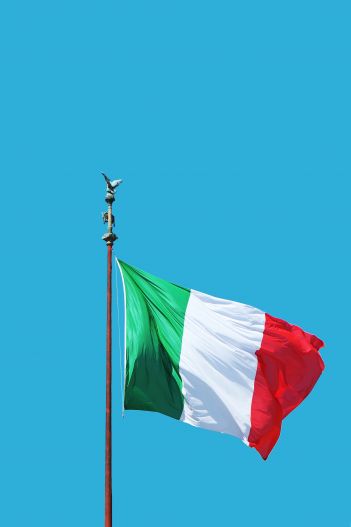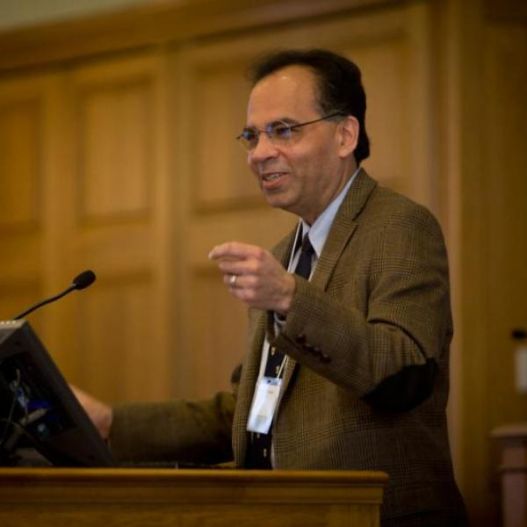Reppy Institute for Peace and Conflict Studies
Graduate Fellowship Recipients
These fellowships are made possible by the generous support of the Marion and Frank Long family, the Jesse F. and Dora H. Bluestone family, and an anonymous donor. Learn more about the Reppy Institute’s graduate fellowship program.
Nicole T. Venker
Recipient of Jesse F. and Dora H. Bluestone Peace Studies Fellowship, 2024-25
Freeman Fellowship Recipient
The Reppy Institute offers the Harrop and Ruth Freeman Fellowships to encourage Cornell undergraduates to pursue summer work related to peace studies and conflict resolution in an otherwise unpaid position with a not-for-profit organization.
Harrop and Ruth Freeman Prize in Peace Studies
The 2024-25 Freeman Prize goes to Cornell seniors who have demonstrated a commitment to working for world peace. McKenzie Carrier is this year’s winner for her achievements and continuing work in peace activities.
Italy’s Government Is in Turmoil. Here’s How It Got There – and What’s Next

Christopher Way, IES/PACS
"Mario Draghi was such a trusted pair of hands across Europe," says Christopher Way, associate professor of government. "He was so respected for his competence that it's a loss no matter who replaces him."
Additional Information
PACS faculty, Professor Karim-Aly Kassam, awarded the Kendall S. Carpenter Memorial Advising Award

Karim-Aly Kassam, Ph.D. ’05, helps students learn fundamental academic skills that they carry with them into graduate school and their careers.
Additional Information
Evidence in Governance and Politics (EGAP) Meeting

October 29, 2022
8:30 am
ILR Conference Center
Evidence in Governance and Politics (EGAP) in collaboration with the Reppy Institute for Peace and Conflict Studies, the Institute of Politics and Global Affairs, the Gender and the Security Sector Lab, Department of Government, and the Brooks School of Public Policy will be hosting a two-day meeting at Cornell University on October 28th and 29th. Sabrina M. Karim, Hardis Assistant Professor in the Department of Government and member of the EGAP network, will head the organization of the event, which will focus on two thematic areas:
Crime Reduction & Police AccountabilityDemocracy, Conflict, & Polarization
This closed event will bring together invited scholars and practitioners from the EGAP network, along with other experts in these two thematic areas, to showcase findings, identify research questions and promising interventions, and provide opportunities for matchmaking between researchers and practitioners.
For more information, please contact Sabrina Karim at smk349@cornell.edu or Ayuko Picot, Administrative Assistant, EGAP at ayukopicot@berkeley.edu.
Additional Information
Program
Einaudi Center for International Studies
Reppy Institute for Peace and Conflict Studies
"Final Stage of Russian Decline"

Bykov Talks with New Yorker
Visiting critic Dmitry Bykov discusses Russia—and Russians—under Putinism on the New Yorker Radio Hour.
Additional Information
The Downfall of the American Order?

By Our Faculty
Book
Additional Information
Program
Type
- Book
Publication Details
Publication Year: 2022
ISBN: 9781501762987
Downfall of the American Order?

New Book from Katzenstein and Kirshner
An edited volume from Peter Katzenstein and Jonathan Kirshner considers what comes next as the U.S.'s international influence wanes.
Additional Information
Reppy Graduate Fellows 2025-26
Our Reppy Institute Fellows (renamed Evangelista Fellows for 26-27) are master's, doctoral, and law students at Cornell who receive unique opportunities for professional networking and development in the field of peace and conflict studies. Meet the 2025–26 cohort.
